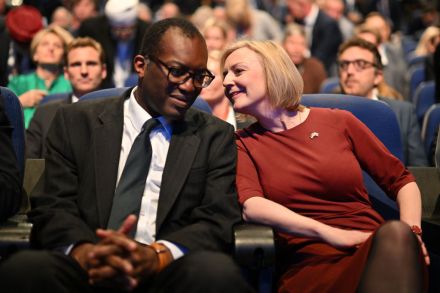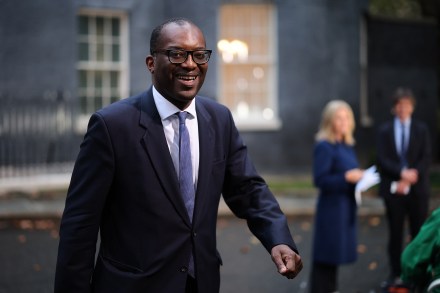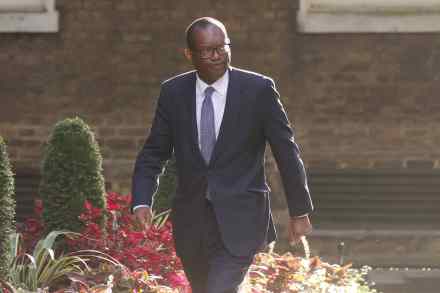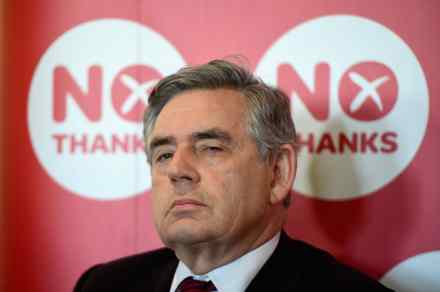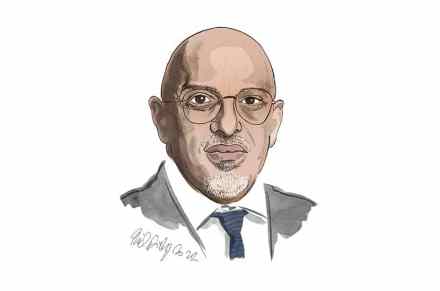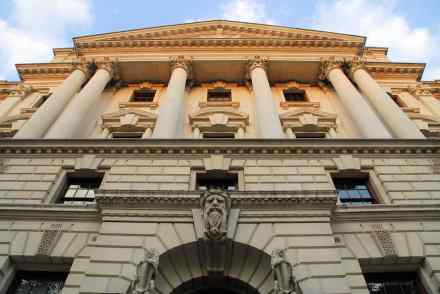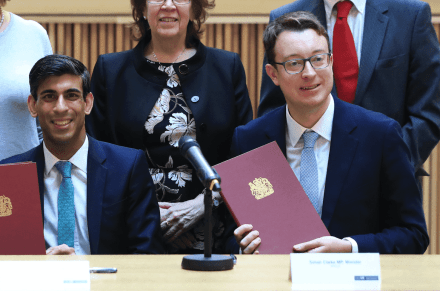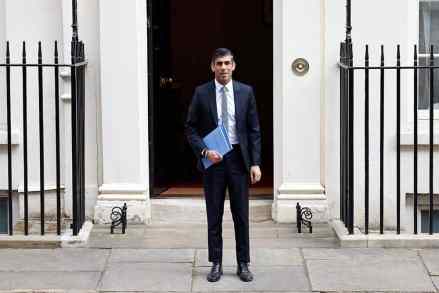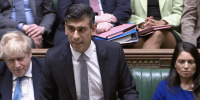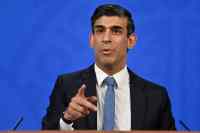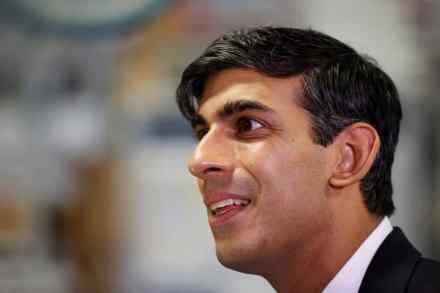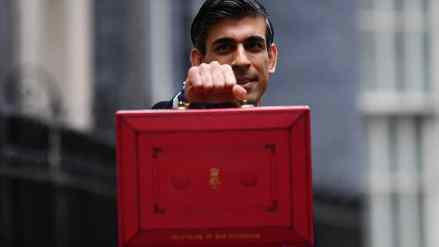Treasury counts the cost of Truss’s mini-Budget
Many institutions were left counting the cost of Liz Truss and Kwasi Kwarteng’s disastrous mini-Budget. And nowhere more so, it seems, than on Horse Guards Road, where those much-loathed guardians of Treasury orthodoxy were forced to work overtime to deal with the resulting market fallout. Staff earned an extra £89,771 for their work. Kerching! New figures, released in response to a parliamentary question by Lib Dem MP Sarah Olney, reveal that Treasury staff overtime almost doubled after September’s ‘fiscal event’. As officials battled to cope with the resulting market chaos in the weeks that followed, they clocked up more than 1,500 extra hours in October than in the same month
